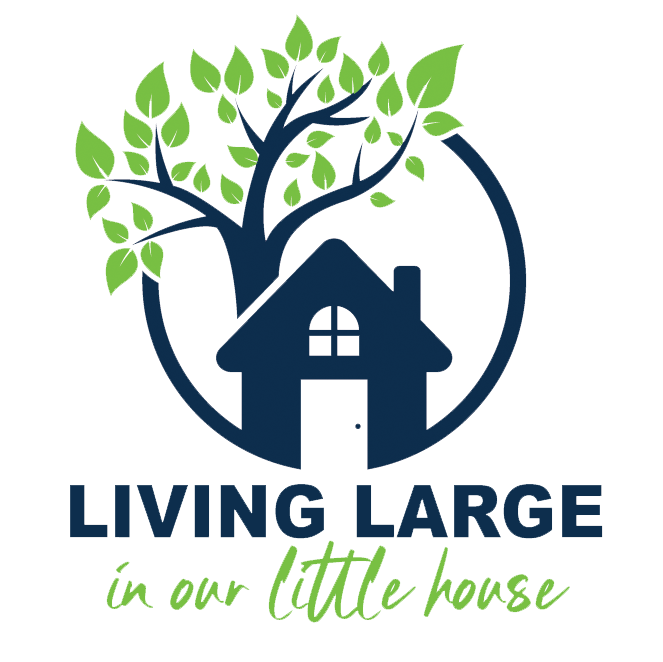EWG’s 2016 List of Dirty Dozen: Why Buying Organic is Important
A study I recently read concluded that a diet for children consisting of mostly organic foods reduces the amount of pesticide left in the body That’s the #1 reason EWG’s list of the Dirty Dozen is so important.

Apples have typically been the #1 fruit on the list of the produce with the most pesticide residue, but this year, it is strawberries. The Environmental Working Group, or EWG ranks the 12 “dirtiest” fruits and veggies each year. The data is culled from the U.S. Department of Agriculture and Food and Drug Administration.
EWG provides this information as many families cannot afford to purchase all organic fruits and veggies. In providing this list, it gives consumers an idea of what should always be purchased organic.
Here is the 2016 list of the Dirty Dozen:
- Strawberries
- Apples
- Nectarines
- Peaches
- Celery
- Grapes
- Cherries
- Spinach
- Tomatoes
- Sweet Bell Peppers
- Cherry Tomatoes
- Cucumbers
The safest include:
- Avocadoes
- Sweet Corn
- Pineapples
(If you want to avoid GMO, however, you should buy organic sweet corn and pineapples, which is sometimes produced from GMO seed).
To see the full list of 48 fruits and veggies, click here.








Such good info—so important.
Oy. We try to buy mostly organic, but I’ll make sure to buy ONLY organic for the foods on this list. Or grow them ourselves.
Growing yourself is best, but when you can’t pay attention to the list. 🙂
Thanks for posting this. Such important info to remember. I try to buy organic, especially strawberries, when I can.
Anything on the Dirty Dozen list should really be bought organic. The only things we don’t usually buy organic anymore are avocado.